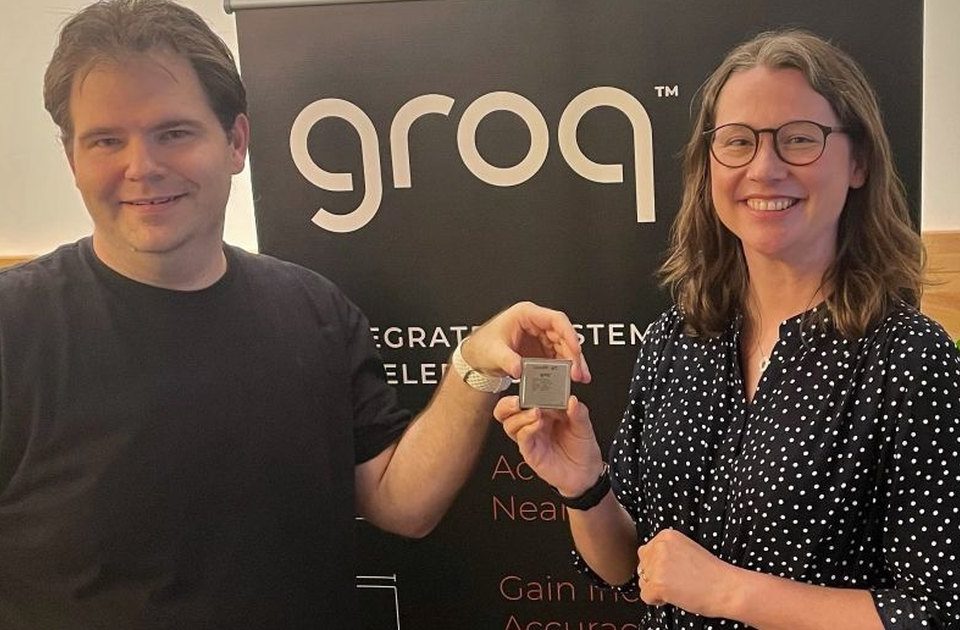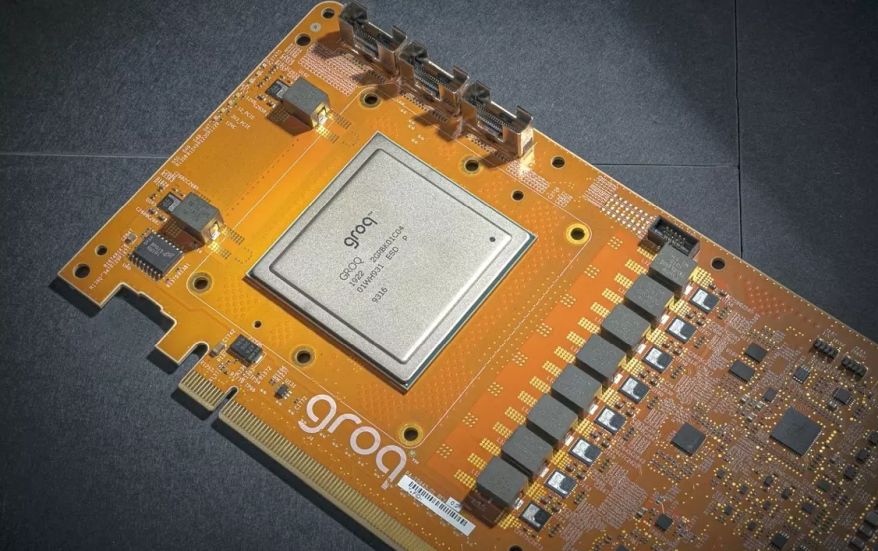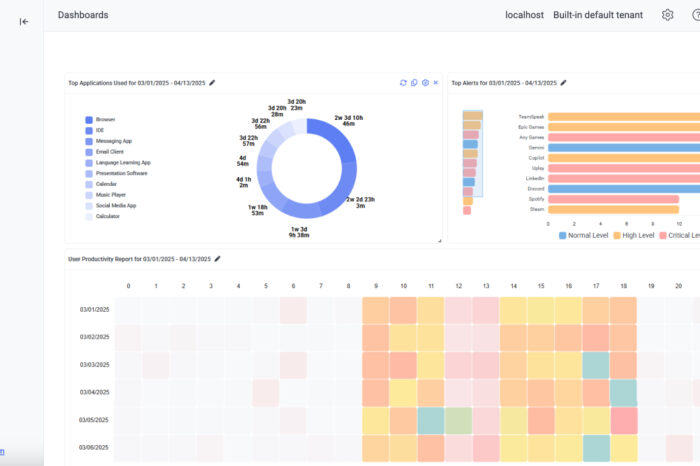AI chip startup Groq raises $750M, doubling valuation to $6.9B as it takes on Nvidia

Silicon Valley startup Groq has pulled off one of the biggest funding hauls in the chip sector this year, raising $750 million to more than double its valuation to $6.9 billion. The round shows just how hot the race for AI infrastructure has become, as investors bet on fresh challengers to Nvidia’s dominance.
Founded by former Alphabet engineer Jonathan Ross, Groq isn’t trying to dethrone Nvidia outright. Instead, it’s carving out its turf in inference chips—specialized processors built to run pre-trained AI models quickly and cheaply. “Inference is defining this era of AI, and we’re building the American infrastructure that delivers it with high speed and low cost,” Ross said.
The raise comes just a year after Groq’s $640 million Series D, which valued the company at $2.8 billion. This new round, led by Disruptive with backing from BlackRock, Neuberger Berman, Deutsche Telekom Capital Partners, Samsung, Cisco, Altimeter, and several other heavyweight funds, is aimed squarely at scaling production and pushing deeper into global markets. Backers also included a “large US-based West Coast mutual fund,” Groq said in a statement.
Bloomberg also confirmed the round, reporting: “Artificial intelligence chip startup Groq Inc. raised $750 million at a post-funding valuation of $6.9 billion, highlighting investor interest in companies seeking to alleviate a shortage of chips and computing power for AI workloads.”

Groq has momentum on its side. In February, the startup locked in a $1.5 billion agreement with Saudi Arabia’s HUMAIN, a sovereign wealth-fund-backed AI firm chaired by Crown Prince Mohammed bin Salman. That deal alone could bring Groq half a billion dollars in revenue this year, according to earlier reports. The company is already using some of the cash to build data centers and meet demand from international clients. Its first European hub, in Helsinki, is now live.
The timing is no accident. Nvidia, riding high with a $4 trillion market cap, has set the pace in training chips, but inference is quickly becoming just as critical. Ross doesn’t expect Nvidia to pay much attention to Groq’s share of the market, but as he put it, “I don’t know if Nvidia will notice how much of the pie we eat, but we will feel quite full off of it.”
Groq isn’t alone. Cerebras, Etched, SambaNova, and AMD are all circling the same market. The AI chip sector is projected to swell to $400 billion annually within five years, leaving plenty of room for multiple winners.
Groq’s rise has been punctuated by headline-grabbing moments. A viral demo in early 2024 gave its chips new visibility, and Ross later took a playful swing at Elon Musk’s xAI, sending a mock cease-and-desist over the name of its chatbot “Grok.” The stunt wasn’t serious, but it underscored Groq’s knack for staying in the conversation.
For now, Groq’s strategy is straightforward: scale production, prove inference is a market worth billions, and show that there’s room at the table alongside Nvidia. If the startup can deliver on its Saudi contracts and keep execution tight, $6.9 billion may only be the beginning.




